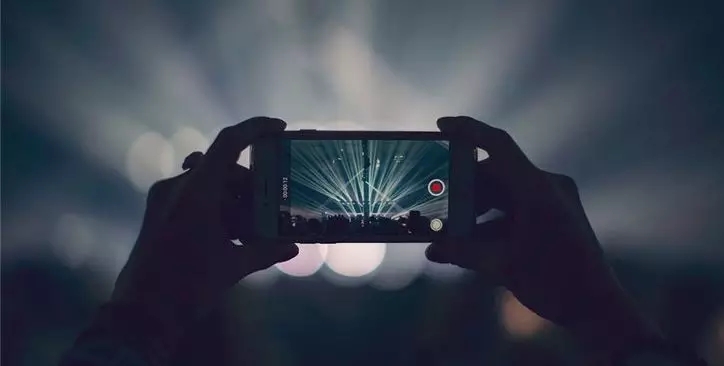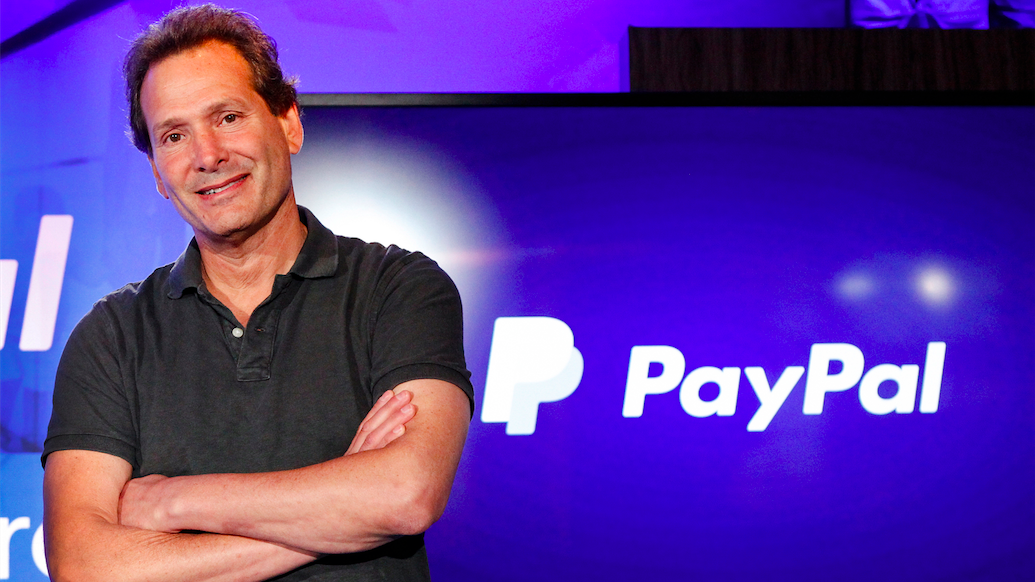Unveiling the Magic of Clash Royale: A Fresh Take on Mobile Gaming!
Is There a Vacuum of Casual Games for Female in South Korea? Cookie Run Is Next Only to Lineage, Ranking No.3 in Revenue
Insuring Your Peace of Mind: An Overview of Common Types of Insurance.
Launched 3 years ago, "Pokemon Go" is still going strong!
How to Download and Install VIX for Free?
How Could Fall Guys Continue Its Success after Selling More than 11 Million Copies on Steam?
Felipe Neto, a well-known Brazilian influencer with 40 million followers on YouTube, will be the host of B2W’s Black Friday event. (B2W is a Brazilian retail company.)

The "live shopping" model, a combination of "entertainment and sales", will be widely tested on Black Friday in Brazil this year.
Black Friday, on November 27, is the second most important day in Brazilian business and the most important day for e-commerce. Brazil has introduced a new sales mode from China — "live shopping" this year. And live shopping has already become very popular in China.
Last year, Jack Ma (the founder of Alibaba) challenged Li Jiaqi (an influencer selling beauty products in China) to see who could sell more lipsticks. Since then, live shopping has become a part of e-commerce marketing.
The Internet has provided an unprecedented opportunity to live shopping. “Through this way, the gap between the buyer and the seller is getting smaller.” said Pedro Alvim (32 years old), who works for Magazine Luiza, one of Brazil's largest retailers.
In Brazil, live shopping ranked only the ninth in marketing and distribution channels. And the first trial of live shopping in Brazil wasn’t selling lipsticks, but selling coffee. In Magazine Luiza’s App, four stores worked together to sell coffee online for an hour. In that hour, their sales volume increased by 100 times. And within one day, they succeeded in selling an amount that they had to sell for a month as in normal time.
"Live shopping is still developing," Alvim said, "Magazine Luiza was the first company to sell retail products online. And it also had tried live broadcasting on YouTube.”
On the last Black Friday, Magazine Luiza tested live shopping with Brazil’s TV Globo. With near two hours’ interaction with the audience, they sold nearly 1,000,000 rolls of toilet paper, 400,000 batteries, 50,000 televisions and 75,000 mobile phones, according to the data.
Alvim was very excited and proud of the result. He couldn’t wait to learn more about how live shopping worked. He said, “China is at the forefront of innovation in many fields. E-commerce there is more advanced than any other countries.”
As a competitor of Magazine Luiza, B2W (owner of three retail companies: Americanas,Submarino and Shoptime) has also begun testing the possibility of “live shopping” and will make its debut on Black Friday this year.
B2W will cooperate with Google to hold a three-hour online event hosted by Felipe Neto, who is an influencer with 40 million followers on YouTube. “There are also other surprises in the event, but I can’t tell you right now.” said Leonardo Rocha, executive director of Americanas.
“There is already some sample data,” said Leonardo Rocha, “conversions of products displayed through live shopping is eight times as many as that of products not displayed, web views had increased ten times, and the length of customers' stay on the website has increased three times.”
For Rocha, Brazil has vast space to develop live shopping, as Brazil owns the highest percentage of online social media users in the world (80%), surpassing East Asia (74%). According to Hootsuite, Brazilians spent an average of 3 hours and 38 minutes on social media in the first half of 2020, ranking the third in the world.
Live shopping also caught the attention of Gustavo Furtado, executive director of Centauro (sports goods retailer). He was in China earlier this year. “Everyone was talking about a super App that combines all online services and gradually lead the market,” he recalls.
Furtado pointed out the influence of influencers in sales, but said it was impossible to replicate the Chinese model to Brazil. When it comes to technology, everything in China is very fast. It's beyond the logic of Brazil.
"Advances in payment technology are making it easier to sell online." he said. "We don't see cash in China anymore. It's all QR codes." He even joked that, "even street beggars use QR codes."

PayPal Q3 transactions hit record total: $247 billion

Supercell‘s sixth mobile game "Rush Wars" is now in beta

Is There a Vacuum of Casual Games for Female in South Korea? Cookie Run Is Next Only to Lineage, Ranking No.3 in Revenue

Top 10 Game Developers of 2020 (I)